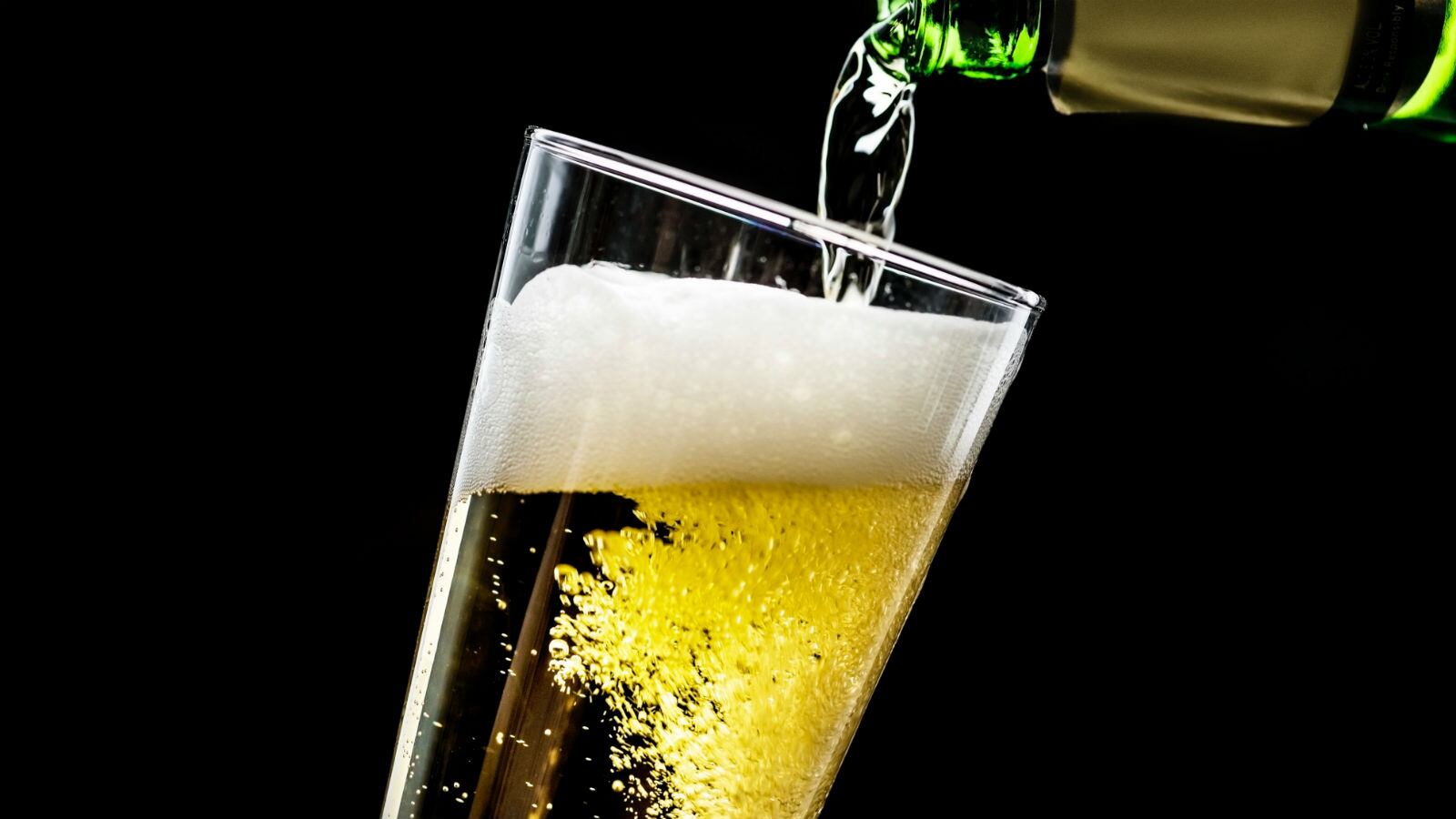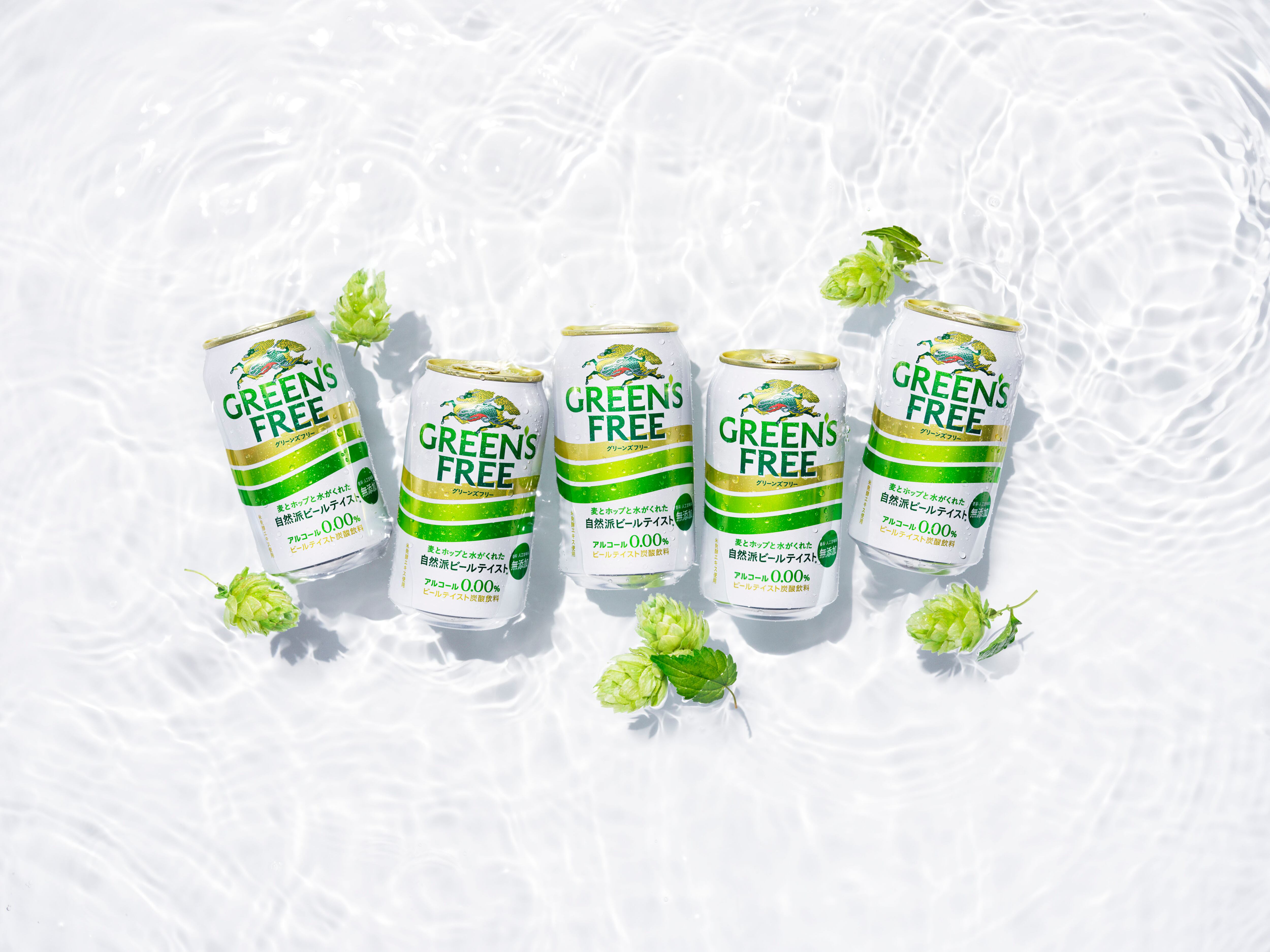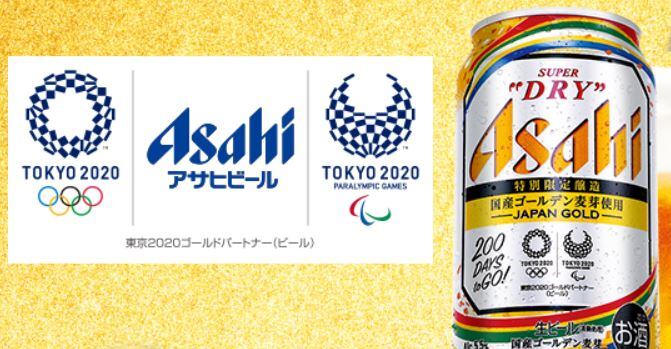Dubbed the LAMINEX® MaxFlow 4G, the filtration enzyme acts during the beer filtration process to remove components from the final product that may cause haziness or increase viscosity, so as to produce a ‘crystal-clear beer’.
This enzyme was specially invented for brewing barley, the main cereal in lager and ale brewing, but DuPont has also added that it will also work on ‘all cereal types’. It was launched in 2014, but only recently received regulatory clearance in Australia.
“In the process of brewing a crystal-clear beer the golden liquid is filtered at least twice; in the brewhouse and after beer maturation - processes we call mash filtration and beer filtration,” DuPont Global Product Line Manager, Brewing & Distilling Enzymes, Jens Eiken explained to FoodNavigator-Asia.
“[Throughout the] filtration process, yeast and materials causing haze will be separated from the final beer - The role of a filtration enzyme is to degrade enough of [these] soluble viscosity-increasing components, so that the filtration process is optimised [and] saves water and energy.”
In brewing cereals such as barley, these ‘soluble, viscosity-increasing components’ primarily comprise of β-glucans and arabinoxylans which tend to significantly slow down filtration processes and lead to lower extract yields and higher costs.
“LAMINEX® MaxFlow 4G significantly improves mash separation and beer filtration [as] it has a high selectivity for the water-soluble arabinoxylans and delivers very low β-glucan levels in the wort – the best on the market,” said Eiken.
“This gives a high throughput by preserving the natural filter cake in the brewhouse filtration and ensuring a very good filterability of the beer. [It] does not interfere with the filter bed permeability, slowing pressure drops and thus leads to a much longer filtration process – benefits which are very unique to the enzyme functionality.
“Using LAMINEX® MaxFlow 4G could give up to 0.1% higher brewhouse yields, 0.15% lower beer losses, and 17.5% higher throughput during beer filtration.”
Importantly, poor filtration can also negatively impact quality of the beer wort (liquid extracted from the mash process) which could in turn can cause additional filtration problems during maturation as well as flavour and stability issues, and these could be costly to fix.
Sustainability benefits
The enzyme also shows significant benefits in terms of sustainability relating to water and electricity usage.
“Improvements in the [brewing] processes using LAMINEX® show a significant sustainability impact -For example, if we were to assume a 100% adoption of LAMINEX® MaxFlow 4G in the European beer market, the water saved would exceed the volume of 241 Olympic-sized swimming pools,” Eiken added.
“Climate change benefits would equal the savings from operating 12.8 wind turbines for a year while the primary energy saved could produce over 60 million kWh of electricity.”
Premium, healthy beer
Despite the current COVID-19 outbreak, Eiken believes that health and premiumisation will continue to be major growth areas within the beer sector.
“We believe that premiumisation in the lager beer area will continue, [and] that new light beers (including hard seltzers) and lower calorie beers will be developed, along with many more alcohol-free products with ‘good for you’ ingredients and a special focus on the healthy cereals used,” he said.
“[Sustainability is also likely to be a major focus] as we expect consumers to continue to seek for more sustainable industries, products [that] use local raw materials and [recyclable] ‘cradle-to-cradle’ packaging.”





